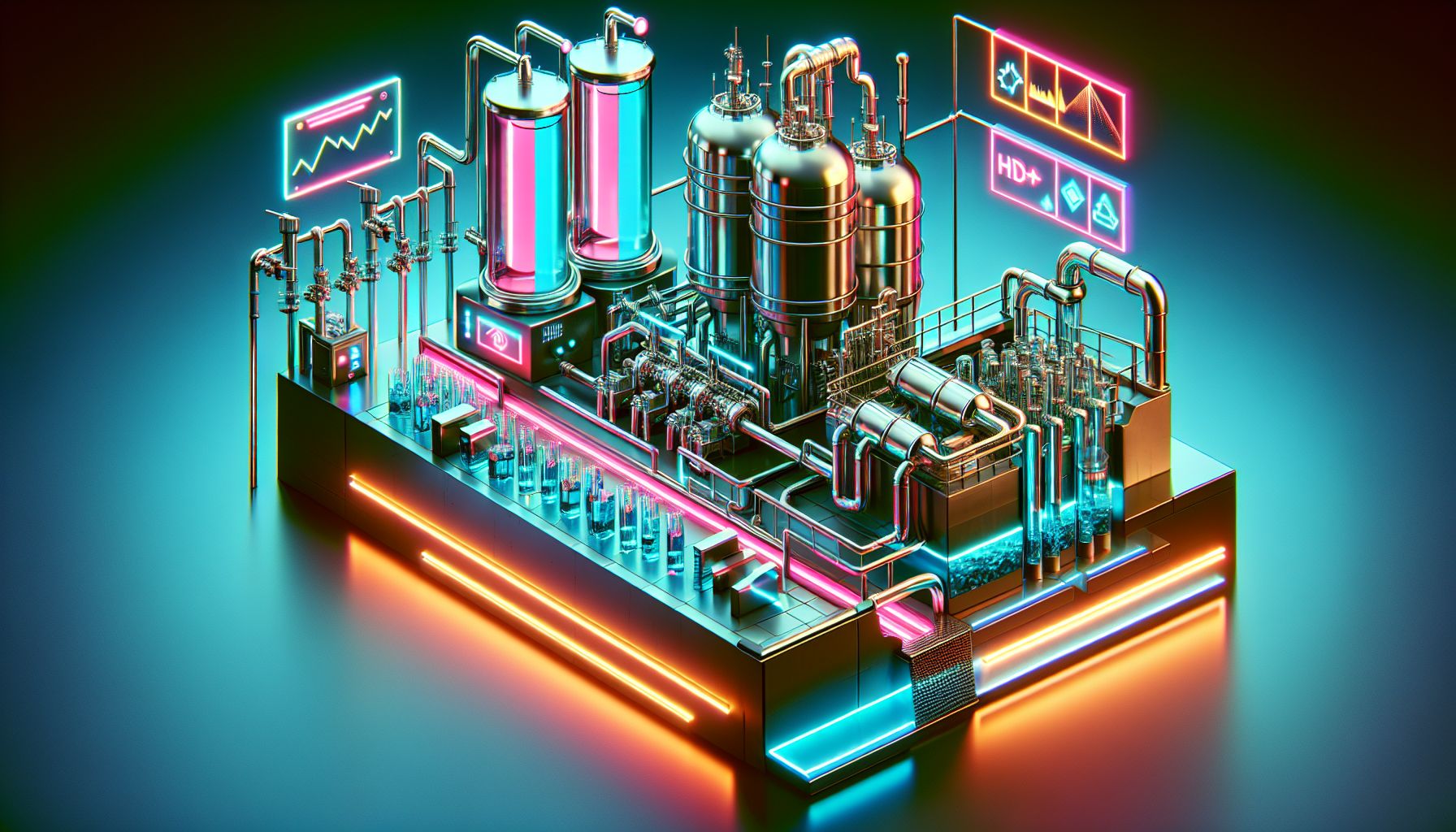Turning Wastewater into Hydrogen: A Cleaner Future Awaits

Princeton, Wednesday, 29 October 2025.
Princeton’s latest research shows wastewater can be used to produce hydrogen, slashing water treatment costs by 47%. This innovative approach could revolutionise sustainable hydrogen fuel production.
Breakthrough in Hydrogen Production
Princeton Engineering’s innovative research reveals a method to produce hydrogen using treated wastewater, a move that could significantly cut down on costs and environmental impact. By substituting clean water with wastewater, the approach slashes water treatment costs by up to 47% [1][2]. It’s a game-changer for the hydrogen production industry, which traditionally relies on pure water, putting a strain on local freshwater supplies.
How It Works
The process is ingeniously simple. Researchers used a proton exchange membrane electrolyser, typically employed in commercial hydrogen production, but with a twist. They added a small amount of acid to the reclaimed water to counteract minerals that could clog the system, like calcium and magnesium [1][2]. This tweak allowed the electrolyser to run seamlessly for over 300 hours without performance issues. It’s like giving a car a fuel that never runs out—at least for a long while!
Environmental and Economic Benefits
Switching to wastewater doesn’t just save money; it also offers environmental benefits. The acid used in the process is recirculated, preventing any release into the environment [3]. Moreover, this approach aligns with global sustainability goals and offers a viable path for industries like steel and fertiliser production to decarbonise [1][2].
Future Prospects
With Korea experiencing a boom in hydrogen electric vehicle registrations, this technology could not have come at a better time [3]. The potential to integrate wastewater in hydrogen production means every town with a wastewater treatment plant could become a player in the hydrogen economy [1]. It’s an exciting prospect, and I can’t help but wonder what other innovations lie just around the corner.
Conclusion
Princeton’s research marks a pivotal moment in sustainable hydrogen production. As countries worldwide push towards greener energy solutions, this breakthrough offers a practical, scalable option. It’s a story of turning waste into wealth, proving that sometimes, the best solutions are right under our noses—or in this case, in our wastewater!